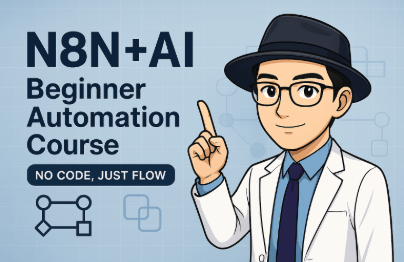
コーディングなしで AI 自動化エキスパートになる方法、n8n 完璧ガイド
nambaksa
今も直接コーディングしていますか? もうバイブコーディングも面倒な時代! コーディングなしでn8nでAI自動化の専門家になってみませんか。 実務にすぐに適用可能な自動化ワークフロー設計ガイド 業務効率を最大化する実践中心の自動化戦略。 n8nで直感的なワークフローを構築し、業務革新を体験してみてください。
입문
n8n, AI, RAG
プログラミングに触れていない初心者やPythonについてある程度理論知識がある方を対象にしており、実際のプロジェクトに基づいて講座の主な目的は、Pythonに対する関心と楽しさを感じることを追求します。このコースでは、Pythonでより多くのアイデアとより多くの楽しみを得ることを願っています。
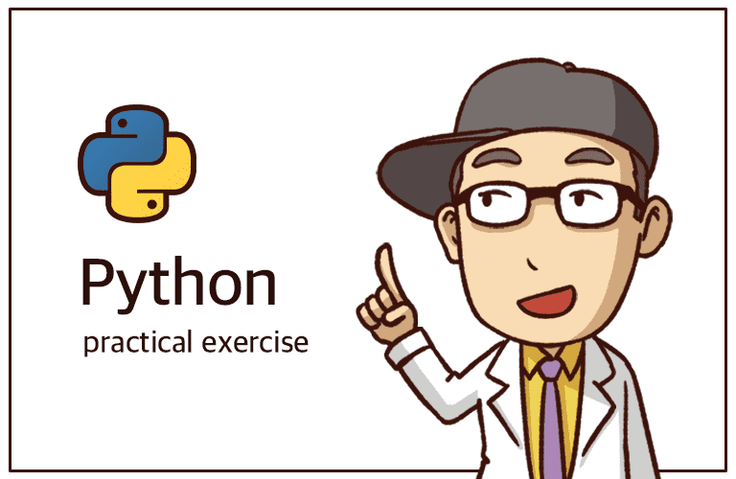
Pythonプログラミング
プログラミング入門
様々なプログラムを作る
ボットを作る
他にも様々なプログラミングを活用
プログラミングを学んで開発者になりたい方もいらっしゃるとか、ただ何かすることが分かると面白いことが多いようでも…人ごとにプログラミングを学びたい理由や目的は違います。しかし、入門者の立場では何を学ばなければならないかもしれず、難しくしか感じられないのも事実です。
初心者が学ぶのに最も難しくなく、実務開発者たちもその利便性と生産性に最も多く使われる言語の一つがまさにPythonという事実は開発者ではない方も多くご存知です。しかし、プログラミングを一度も行ったことのない人がいざ勉強してみると、その簡単だというPythonも難しく感じることができます。
Pythonを知らない人を基準に、Pythonの基本的な理論から実際のプログラムを作る内容まで重点を置いた講座です。いくら多くの内容を見て聞いても、いざ講座が終われば何を学んだようなのですが、実際の簡単なプログラム一つ自分で作れない方がたくさんいらっしゃいます。このような方のために興味と楽しさを中心に、より多様な例と実習で講座を進めます。初心者の方に最も必要なのは難しい知識よりも基本的に「プログラミングが面白いか興味深い」を感じることがより重要だと考えられます。
Pythonを活用してPythonで作成できるさまざまな種類のプログラムを作成します。
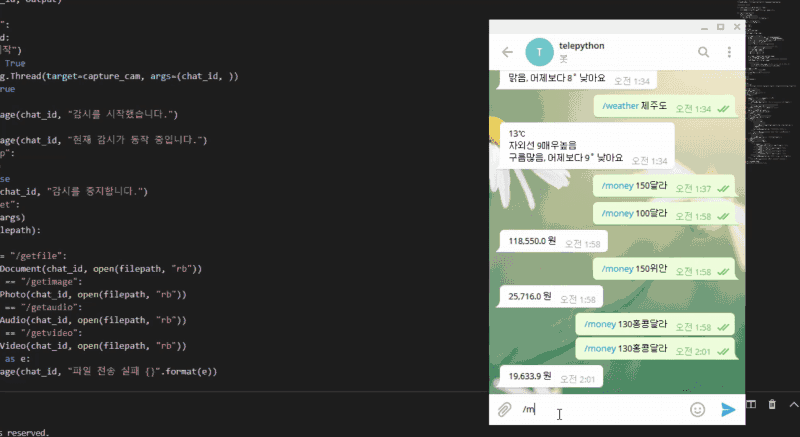
テレグラムボットにCCTV機能を追加する
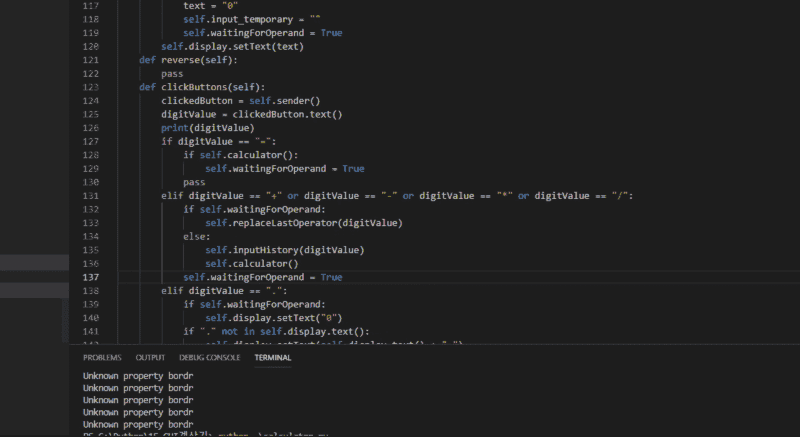
GUI電卓を実装する(マウス/キーボード入力の両方を可能にする)
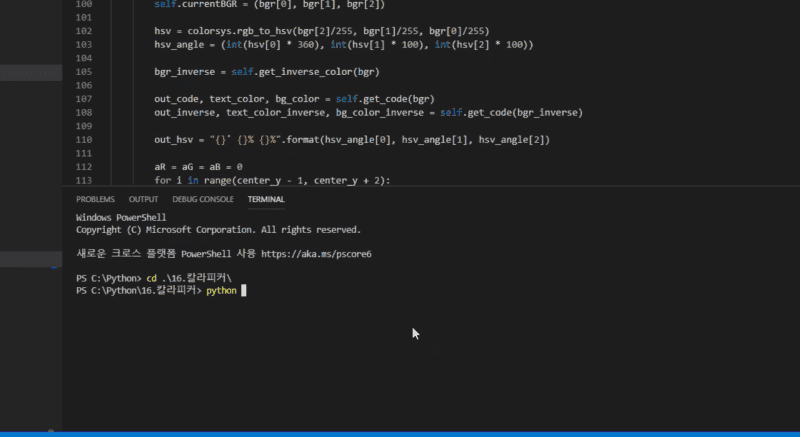
GUIカラーピッカーの実装
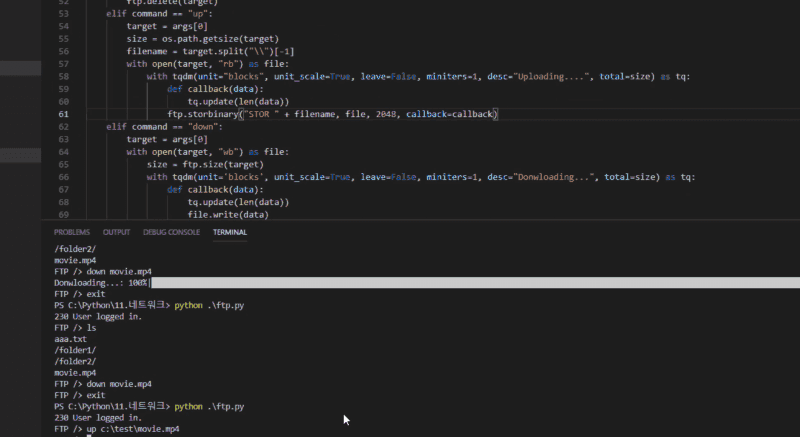
FTPクライアントの実装(FTPブラウジング/ FTPアップ/ダウンロードの実装)
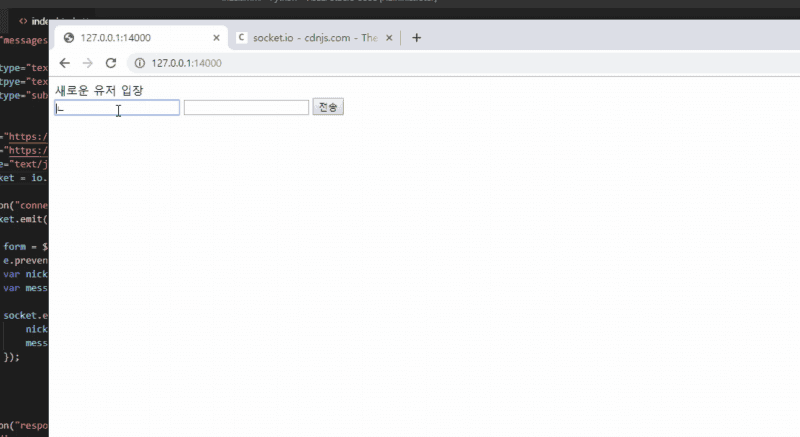
チャットサーバー/クライアントを実装する(Webバージョン)
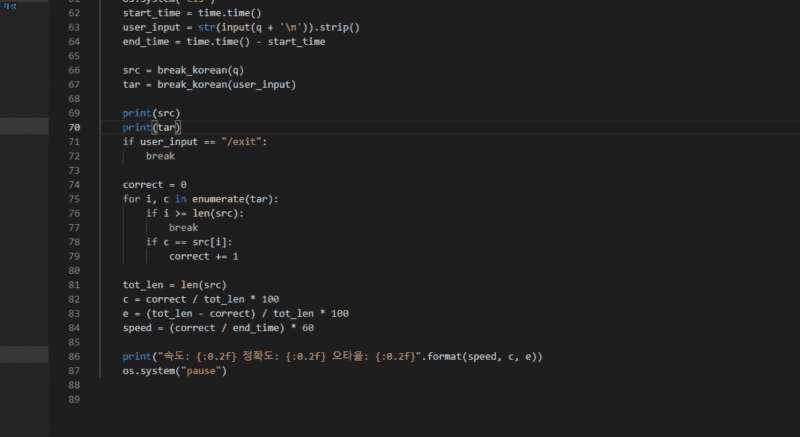
ハンメタザのようなタイピングゲームを作る(Unicodeを理解してハングル秒。中。
学習対象は
誰でしょう?
開発者、プログラマーの職業を夢見る人
まともなアイデアがありますが、それを作りたい人
計画はありませんが、プログラミングを作成したい人
ビッグデータ分析や人工知能に興味があるのに基礎がない人
開発者ではありませんが、何かを学ぶと役立つような人
前提知識、
必要でしょうか?
コンピュータへの関心
7,054
受講生
472
受講レビュー
959
回答
4.8
講座評価
6
講座
안녕하세요.
영진닷컴 『코딩은 처음이라 with 파이썬』 저자 남박사입니다.
C/C++, 파이썬, 그리고 AI를 활용한 자동화 시스템(AI Agent) 개발을 주로 하고 있습니다.
제 강의를 보시는 모든 분들, 끝까지 "화이팅" 입니다!
💡개인블로그: https://blog.naver.com/nkj2001
💡AI 블로그: https://blogagent.kr
全体
84件 ∙ (24時間 40分)
講座資料(こうぎしりょう):
2. なぜパイソンなのか?
06:17
3. Pythonインストール
06:23
7. 変数と使い方
04:16
9. データ型 str
15:40
10. 文字列メソッド
13:49
全体
132件
4.7
132件の受講レビュー
受講レビュー 10
∙
平均評価 4.8
5
開発者の準備をする35歳の会社員です。 Pythonの基礎文法講義が進行中に浮かぶ雲だけを捕まえるようなコードを書くことで 少なくとも雲の形だけでも自分で作る経験ができる良い講義だと思います。 しかし同時に、南博士に質問があります。 受講評を見てみると、私が感じる感情を他の人も同様に感じるようです。 開発に初めて接する非専攻者の立場から熟練した開発者に生まれ変わる過程において どのような方法が最も効率的だと思いますか? まだ頑強をしていませんが、6、70%の程度を進めた後に感じた点は ライブラリを書くまではほとんど理解が上がり、進んでいきますがライブラリを 呼び出して、どのような機能を実装するのを見始めながら、距離感が感じられ始めます。 それなら初心者の立場で勉強をするときに理解できなくても いったん続けてみながら講義をたどるのが良いでしょうか? それとも理解できない部分があればその部分を掘り下げながら 途中で別々にレベルを合わせながら講義に従うのがいいでしょうか? 少し遅い年齢だから、できるだけ早く学びたい欲ができるようです。 もちろんジョバシムを出してはいけないが、どのような効率的な方法は存在するのではないかという 諮問をしてみると、受講評を残すと同時に質問を残すようになりました。 良い一日を過ごし、今後も良い講義をもっとよろしくお願いします。
質問をくださった内容がとても難しい内容なので、少し長い返信をつけます。 ^^ 一度生涯コーディングを一度もしなかった人が初めてコーディング勉強をするというのが本当に本当に思ったより難しいことかもしれません。人ごとに何かを勉強する方法、理解する方法はすべて異なります。だから事実、正解もなく、私がどうしなければならない~と申し上げるにはとても慎重な話です。社会的に成功した人々の自叙伝を見て、彼らの人生を同じように従うと成功するのではなく、本人のスタイルに本人の好みに変えなければならないことだと思います。一応は私の個人的な意見なので、参考にしてください。 ^^ 私が行った講座は、実は多くの分野の内容を取り上げています。コースの内容の中で最も重要な部分は、Python文法的な部分だけを理解したら、残りの内容はオプションの部分です。私が講座を制作しながら一番大事に考えた部分は入門をする人の立場でプログラミングが面白いんだな!を伝えたいのが最大の部分でした。だから私も何か作ってみたい。あるいは作ることができる!という考えを持ってほしいと思いました。それで、あなたが言ったように、いくつかのコードは理解しやすくなりますが、一部のコードは理解しにくい部分もあります。 理解されていなかった一度コーディングに従い、結果を見ることがまず重要です。もちろん、理解できないと後でそれを応用できないので、理解することも重要ですが、それよりも重要なのは、私が楽しさを感じて何を作ってみたいかを見つけることが重要です。そのように私が思いついたアイデアが私を発展させる武器になります。講座の内容を聞いて一次的に理解するよりもはるかに重要だと思います。このようにプログラミングに慣れてから理解することも悪くなく、あきらめないことが最も重要です。 効率的な方法は、私が現実的に作ることができるような最も面白いようなプログラムを一つ決めて、アタッチメントを作成してみるのが最も効率的だと考えられます。そうしてこそ私が考えたプログラムがどんなロジックで動作するのか考えて悩んで、それに合ったどんな分野をさらに深く勉強しなければならないのかを知り、そのように一つ一つ積み重ねていく勉強をすることをお勧めします。 テストをよく見る人の共通点は、テストに出てくるものをよく見つけて効率的に勉強をするのにテストをよく見る人はテスト範囲全体を同じ割合で勉強します。もちろん、頭が好きで、それをすべて覚えて理解してほしいですが、私を含むほとんどはそうではありません。だから、上で話したように、本人がぜひ作ってみたい部分から始めるのをどんどん強調することになります。そして、講座の内容で理解が行かなかったりする部分は質問回答掲示板を積極的に活用できます。 ^^
受講レビュー 6
∙
平均評価 5.0
5
理論まで頑張って、もう実戦番組制作が残りました!楽しい渇きを生み出す講義です。このような講義は見つけるのが難しいようです。簡単で困難の間にその間があります。その間は、書籍や質問を通じて自分でスキルを習得していく楽しさを与える講義のようです!自分で得たときに達成感がとてもあふれる講義です。本当に率直にプログラミングを学びたいという気持ちがあれば、この講義をお勧めします。頑強まで頑張ります。ありがとうございます〜!
とても素敵な受講評ありがとうございます。簡単で困難の間にその間があるという御言葉に非常に深い共感をして、その間を自分で習得しなければならないという御言葉が本当に私の心を知ってくださるように深く感謝します。 おっしゃるとおり、講座がすべてを解決してくれず、知識を伝えることもできません。ただガイドを提示し、楽しさと関心を引き出したなら、それが成功だと思います。今後、実戦プログラム領域でその間がより深く感じられることもあります。今後気になる多くの部分について質問回答掲示板を積極的に活用していただければ、私も誠心誠意までその問題を解決するのに役立つことを約束します。ファイティングしてください!ありがとうございます。
受講レビュー 1
∙
平均評価 5.0
5
Python講座をインフラや他の教育サイトで有料、無料本当に複数本のようですが、その中で最高だと思います。初めてお金が惜しくないという気がしましたね…まだ頑強ですが、私のように厄介な入門者が見るに満足度が素晴らしいです。特に編集が上手くてとても見やすいです。あなたは次のコースを計画していませんか?
はい、ありがとうございます。次の講座については現在具体的な計画はありませんが構想中ではあります。
受講レビュー 5
∙
平均評価 5.0
受講レビュー 1
∙
平均評価 5.0
5
質問に細かく、わかりやすく答えてくれてすみません。 学園に通う必要がないことを感じますㅎㅎ現在70%程度受講しています。 頑強まで無理なくできそうです
入門される方々 立場では、ご不明な点数個だけ、その時、解決してもすぐに習得することができる部分が多いことがわかりますので、質問回答掲示板を非常に重要に考えています。私はそれなりにできるだけ簡単に説明すると言っても事実文として何かを理解するのは容易ではないし、同じ説明を見ても人ごとに受け入れるのが違うのにテヨン様はとても良く見てくださるようで私がもっと感謝します。
期間限定セール、あと8日日で終了
¥46,200
30%
¥8,401
知識共有者の他の講座を見てみましょう!
同じ分野の他の講座を見てみましょう!